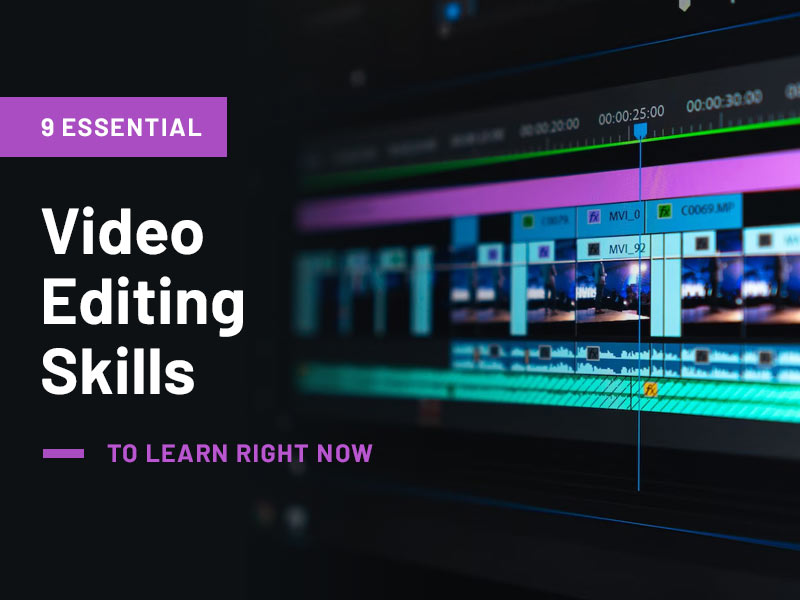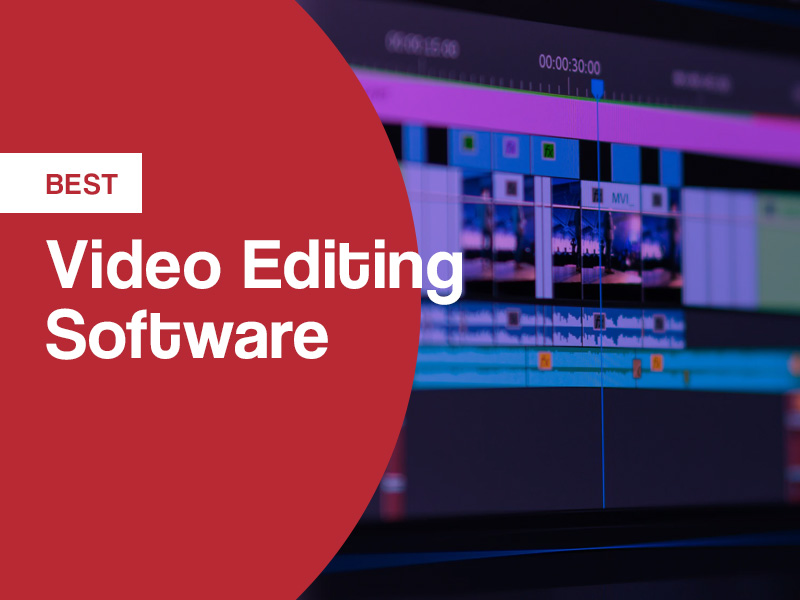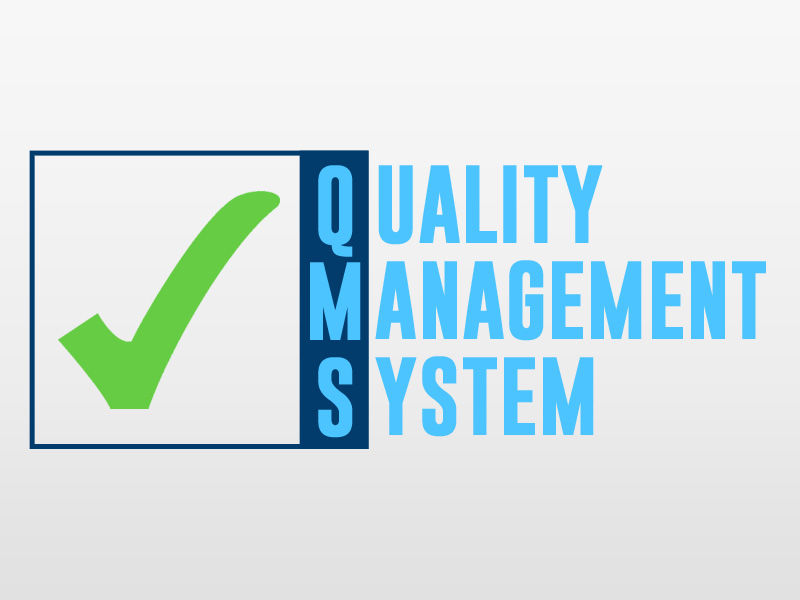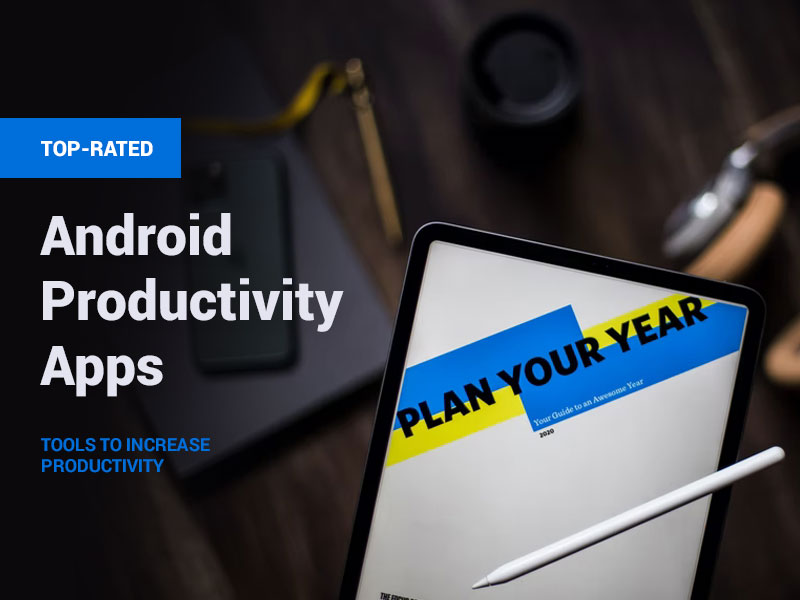According to a report by Wyzowl, 30% of people feel they don’t create enough videos, largely due to a lack of time. This presents an amazing opportunity for talented video editors.
Behind every captivating video, there’s a skilled editor who not only saves time but shapes stories, crafts narratives, and ensures fluidity.
It’s not merely about knowing a thing or two about the best video marketing tools. A harmonious blend of organizational, social, and technical skills is equally crucial.
Ready to up your video editing skills? Below are nine indispensable skills you should master.
Organizational Skills
Before diving into the intricacies of video editing, it’s crucial to have a systematic approach. Let’s delve into the foundational organizational skills that pave the way for efficient and effective video editing.
1. Storyboarding and Pre-planning
The foundation of a brilliant video is its storyboard. Here’s how you can perfect this skill:
- Educate Yourself: Begin with online courses or workshops on storyboarding. Websites like Udemy or Coursera often have comprehensive courses tailored for beginners.
- Practice: Start by creating simple storyboards for short video clips. Gradually, challenge yourself with more complex narratives.
- Review & Critique: Analyze popular videos and their storyboards. Try recreating them for practice.
2. Efficient File Management
Navigating a jungle of files can be daunting. Make your life easier with these tips:
- Adopt a Consistent Naming Convention: For instance, use “ProjectName_Date_AssetType” (e.g., “SummerWedding_09Sept_VideoClip1”).
- Use Software: Tools like Trello can assist in visually organizing assets. If you prefer alternatives, Attrock has compiled an extensive resource of Trello alternatives, which can be quite helpful.
- Backup Regularly: Invest in a reliable external hard drive or use cloud storage solutions like Google Drive or Dropbox. Set reminders to back up your work at regular intervals.
3. Time Management and Deadlines
Ensure your projects don’t drag on indefinitely with these strategies:
- Prioritize Tasks: Identify which tasks are most important and tackle them first. Software like Todoist or Notion can assist in creating to-do lists. You can also utilize these time management tools for freelancers to prioritize effectively.
- Set Clear Milestones: Break down the editing process into stages (e.g., first cut, sound design, final review) and set deadlines for each.
- Utilize AI Tools: After dividing your editing process into stages, identify the tasks that can be easily automated using AI. Nowadays, there is a wide range of AI-powered tools, such as AI text-to-video generators, that can significantly reduce your editing time.
While organizational skills set the groundwork for editing, interacting effectively with those around you brings your work to life. Let’s delve into the social skills that can elevate your video editing prowess.
Social Skills
As an editor, your ability to understand and communicate effectively is just as vital as your technical proficiency.
Let’s explore the essential social skills that ensure your work resonates.
4. Client Communication
It’s not just about delivering a project, but about understanding the vision behind it. Here’s how you can excel in this area:
- Active Listening: Make it a point to genuinely listen to client feedback. For example, the concerns of clients who sell online courses will differ from those of social media creators. Therefore, strive to understand each client’s unique goals and concerns.
- Constructive Feedback: When offering your input, be tactful. Use positive language and offer solutions, not just criticisms.
- Regular Updates: Keeping the client in the loop can prevent misunderstandings. Regular check-ins, even if brief, can make all the difference.
5. Team Collaboration
Often, video editing is a team effort, especially in larger projects. Here are tips for mastering collaboration:
- Respect Expertise: Recognize the strengths of each team member. A sound designer or graphic artist brings unique expertise – trust in that.
- Open Dialogue: Foster an environment where team members feel comfortable sharing ideas. Brainstorming sessions can lead to incredible results.
- Stay Organized: Master project management and effective communication to ensure everyone stays on the same page. Utilize tools such as Slack or Asana for team communication and project management.
6. Empathy in Editing
Your edits can evoke emotions, so understanding emotions is key. To develop this:
- Study Audience Feedback: After releasing a video, study comments and feedback to gauge emotional responses.
- Empathy Training: Some online courses delve into understanding and leveraging human emotions for better storytelling.
- Mental Notes: While editing, frequently pause and ask yourself, “How would I feel watching this as a viewer?”
While understanding people and dynamics is critical, the nuts and bolts of video editing lie in the technical realm. And it’s here that your raw footage transforms into a polished masterpiece.
Technical Skills
The technical side of video editing is where your creative vision comes to life, frame by frame.
While software and tools are constantly evolving, mastering the core technical skills ensures that you can adapt to any platform or challenge.
Here’s how you can elevate your technical prowess and enhance your video editing skills:
7. Cutting, Trimming, and Transition Mastery
The essence of editing is in the cuts. Perfect this art with the following steps:
- Watch and Learn: Analyze edits in popular movies or TV shows. Take note of the pacing and transitions.
- Practice Exercises: Use stock footage to practice your cuts and transitions. Challenge yourself with different genres and moods. If you use Windows, experiment with several easily accessible tools and practice how to combine videos, edit cut, and trim videos.
- Stay Updated: Join industry-specific online forums or communities. Engage in discussions about the latest techniques and tools.
8. Color Grading and Correction
Give your videos a unique mood and style. Here’s how:
- Tutorials and Courses: Platforms like Skillshare or LinkedIn Learning offer extensive courses on color theory and application.
- Experiment: Play with color grading on different footage to understand the effect on mood and tone.
- Feedback: Share your graded clips with peers or online communities for constructive feedback.
9. Advanced Audio Design
What’s a video without crisp and immersive audio? Here’s how to master audio editing:
- Workshops: Attend workshops on sound design to understand the nuances.
- Software Proficiency: Master tools like Adobe Audition or Audacity. Dive deep into features like noise reduction or equalization.
- Collaboration: Work closely with sound designers. Their expertise can teach you a lot about optimizing audio in edits.
Wrapping It Up
Video editing is more than just software mastery. It’s a blend of storytelling, organization, and effective communication.
Honing your organizational, social, and technical skills is essential. Whether you’re a newcomer or a veteran, continuous learning in these areas will keep your edits sharp and impactful.
Remember, trends evolve daily. While animation and motion graphics trends might be the spotlight today, other innovative trends could emerge tomorrow.
Continuously sharpen your skills, stay updated with industry shifts, and elevate your craft to unparalleled heights.







